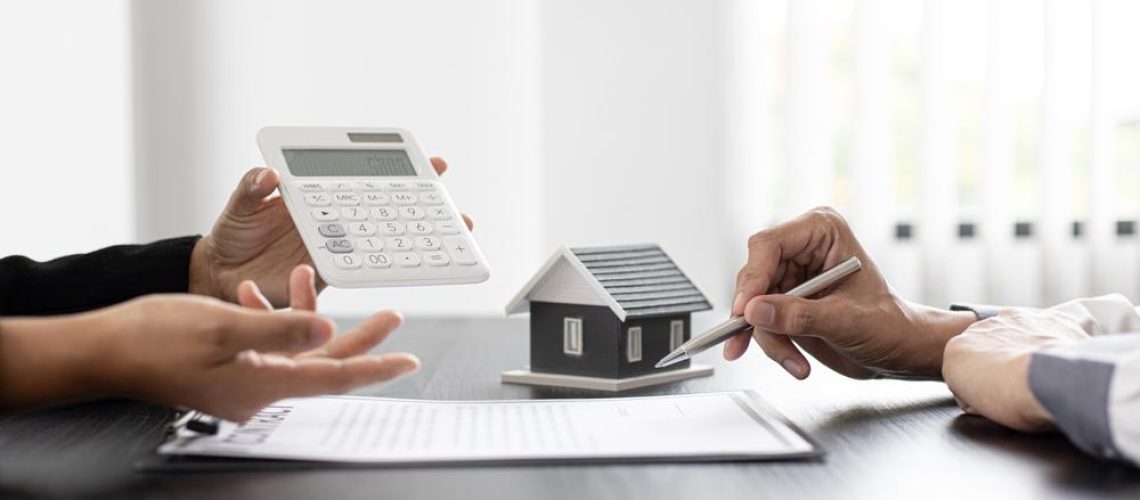Buying a property is a big step and involves much more than just the price of the property itself. Many buyers are surprised by the additional costs that arise throughout the process.
These hidden costs can significantly impact the budget and should be considered before closing the deal. Today, we will discuss the main ones and how to prepare for them.
1. Notary and Deed Fees
The bureaucracy of officially purchasing a property involves notary fees and deed costs. The property registration at the notary office is what legally recognizes the buyer as the new owner. In the United States, there are also registration and documentation fees that can add up to thousands of dollars, depending on the location.
Additionally, it is important to check whether there is a need for additional document authentications and whether the notary office requires extra fees to expedite the process.
2. Property Taxes
In many countries, purchasing a property involves paying taxes such as the Real Estate Transfer Tax (ITBI). In the U.S., Property Tax is an annual tax, the amount of which varies based on the location and property valuation.
Moreover, in some areas, there may be additional taxes or specific contributions for neighborhood infrastructure improvements, such as lighting, paving, and security.
3. Bank Fees and Financing Costs
If the purchase is financed, the buyer should consider the fees charged by banks, such as:
- Property appraisal fee: Usually charged to evaluate if the property is worth the financed amount.
- Administrative fees: Includes credit analysis and loan contract issuance costs.
- Mandatory insurance: Some financing plans require insurance, such as home insurance and borrower life insurance.
- Interest rates and charges: Vary depending on the buyer’s profile and loan term, potentially impacting the final amount paid for the property.
Another point to consider is the possibility of additional fees in case of early repayment or refinancing. These costs may not be evident at the beginning of the contract but can make a difference over time.
4. Inspection and Appraisal Costs
Before buying a property, it is highly recommended to conduct inspections to identify potential structural, electrical, or plumbing issues. In the United States, a Home Inspection is a common procedure and can cost between $300 and $600. The inspection helps buyers minimize the chances of purchasing a property with significant or costly defects.
5. Moving and Property Adaptation Costs
After purchasing, many buyers realize they need to invest in moving expenses, painting, repairs, and furniture. Depending on the condition of the property, these costs can be high.
Besides the moving expenses, it is important to consider adaptations to meet your needs. Installing custom cabinets, changing locks, and making small structural adjustments can have a significant financial impact in the first few months.
6. Condominium and Association Fees
If the property is in a condominium, consider the condominium fees in your budget. In the U.S., some properties have HOA Fees (Homeowners Association Fees), which are monthly fees charged by homeowner associations for the maintenance of common areas and services. These fees can be high and should be analyzed before purchasing.
Additionally, it is important to check if there are annual adjustments planned for these fees and if the condominium has a sufficient reserve fund to cover renovations and improvements without extra costs for residents.
7. Utility Bills and Maintenance Costs
Owning a property involves recurring costs such as water, electricity, internet, and preventive maintenance. Expenses for gardening, pool cleaning, and minor repairs should also be considered.
Larger properties or those with outdoor areas require more maintenance, increasing costs over time. Evaluating these expenses in advance helps avoid future financial difficulties.
8. Emergency Fund for Unexpected Expenses
Having an emergency fund covers unexpected expenses, such as structural issues that arise after the purchase. Leaks, infiltrations, and electrical failures can occur and require unplanned expenses.
A common mistake is spending the entire budget on acquiring the property and not reserving money for unforeseen issues. To avoid problems, it is recommended to have a financial reserve equivalent to at least six months of property expenses.
9. Decoration and Furniture Costs
Another often overlooked factor is the cost of furnishing and decorating the new property. Even if the property comes with some items, it is common to need new furniture, curtains, appliances, and decorative accessories.
Plan Ahead!
As you can see, hidden costs can significantly impact the budget, making detailed planning essential. Assessing all expenses, from taxes and bank fees to maintenance and possible renovations, is crucial to avoid surprises and ensure a successful investment.
If you think these steps may be difficult, don’t worry. MGN Fine Homes provides all the support you need to make the best choice for your property in a safe and reliable way!

